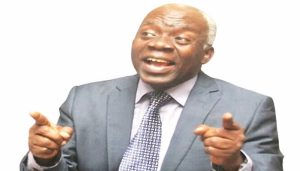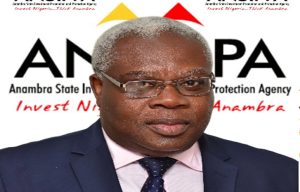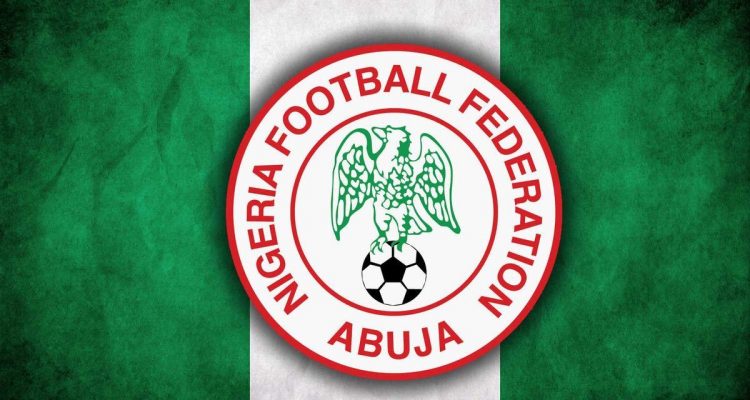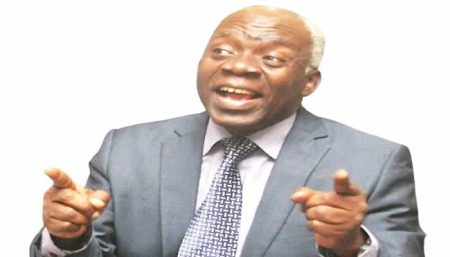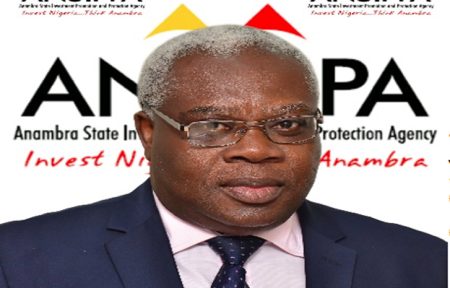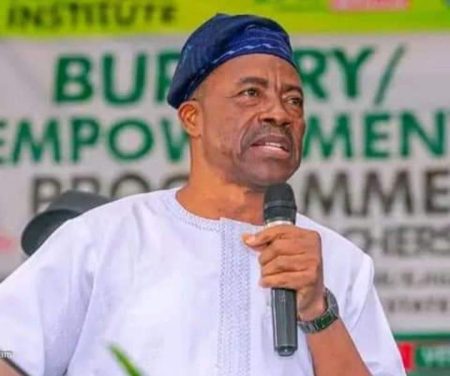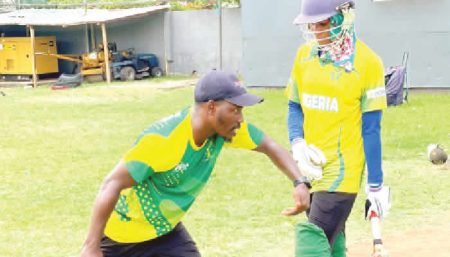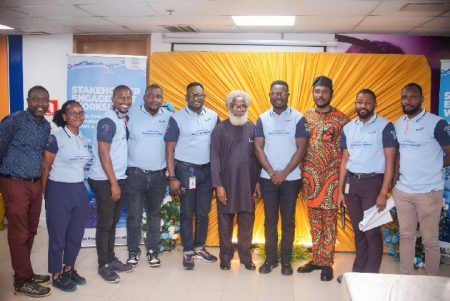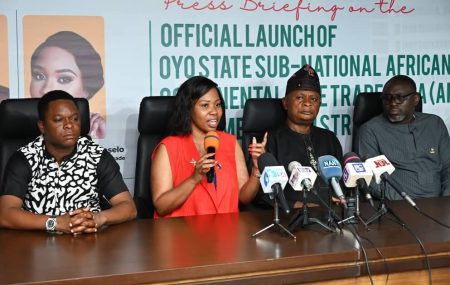The Genesis of the Dispute: A Celebration Turned Contention
The 2025 President Federation Cup final, a prestigious national football tournament organized by the Nigeria Football Federation (NFF), culminated in a dramatic penalty shootout victory for Kwara United against Abakaliki FC. Amidst the euphoria of their historic triumph, Kwara United’s General Manager, Bashir Badawiy, found himself at the center of a burgeoning controversy. His celebratory actions, described as an attempt to “run and jubilate in front of seated five state governors at the VVIP section of the stadium,” were deemed a security breach by the Lagos State Football Association (LSFA).
The LSFA, asserting its authority, promptly issued a letter demanding a hefty N10 million fine and a formal apology from Badawiy to both the LSFA and the NFF. The deadline for compliance was set for July 15, 2025. This action ignited a dispute that quickly escalated, raising questions about jurisdictional boundaries and the appropriate channels for addressing such incidents within the Nigerian football landscape.
Badawiy’s Rebuttal: Challenging the LSFA’s Jurisdiction
Badawiy vehemently contested the LSFA’s sanctions, arguing that the association lacked the authority to impose such penalties in a national competition overseen by the NFF. He emphasized that the President Federation Cup was not a Lagos State affair but a national event under the NFF’s purview. He maintained that any disciplinary action should rightfully originate from the NFF, the organizers of the competition, and not the LSFA.
He further questioned the characterization of his jubilation as a security breach, highlighting the presence of high-ranking NFF officials, including the President and Secretary-General, at the final. He contended that if a security breach had indeed occurred, these officials would have been the first to address it, not the LSFA. Badawiy dismissed the N10 million fine as “funny,” asserting that celebrating a victory in football should not be construed as an offense warranting such a substantial financial penalty.
The NFF’s Silence: An Absence of Clarity and Direction
As the dispute escalated, the NFF, the governing body of Nigerian football, remained conspicuously silent. Attempts by media outlets to solicit comments from the NFF President, Ibrahim Gusau, and the General Secretary, Dr. Mohammed Sanusi, proved unsuccessful. Their unresponsiveness further muddied the waters, leaving both parties and the football community at large without clear guidance on the appropriate course of action.
The NFF’s silence fueled speculation and uncertainty, raising questions about its stance on the LSFA’s actions and its own role in resolving the dispute. The lack of a clear framework for addressing such incidents highlighted a potential gap in the NFF’s regulatory mechanisms, potentially creating an environment for future conflicts and jurisdictional disputes.
Analyzing the Jurisdictional Quandary: LSFA vs. NFF
At the heart of the dispute lies the question of jurisdiction. While the match was played in Lagos State, under the nominal oversight of the LSFA, it was ultimately a national competition organized and managed by the NFF. This duality of authority created ambiguity regarding which body held the ultimate responsibility for disciplinary matters arising from the event.
The LSFA’s assertion of authority seemed to stem from its role as the host association, responsible for overseeing football activities within Lagos State. However, Badawiy’s argument that the NFF, as the organizer of the national competition, held ultimate jurisdiction, appeared to carry significant weight. The NFF’s silence only served to deepen the confusion, leaving the matter unresolved and highlighting the need for clearer delineation of responsibilities between the national and state football associations.
The Implications for Nigerian Football: A Need for Clarity and Consistency
The Badawiy-LSFA dispute exposed potential weaknesses in the Nigerian football governance structure. The lack of clear guidelines regarding disciplinary procedures and the ambiguous relationship between the NFF and its state affiliates created an environment ripe for conflict. The NFF’s failure to provide timely and decisive guidance further exacerbated the situation, highlighting the need for more proactive leadership and clearer communication protocols.
This incident underscored the importance of establishing a well-defined framework for addressing disciplinary matters, ensuring consistency and fairness across all levels of Nigerian football. A clear delineation of responsibilities between the NFF and state FAs is crucial to prevent future jurisdictional disputes and maintain the integrity of the sport.
The Way Forward: Towards a Unified and Transparent System
The Badawiy-LSFA dispute serves as a wake-up call for the NFF to review its governance structure and implement measures to prevent similar incidents in the future. A comprehensive review of disciplinary procedures, including clear guidelines on jurisdiction and sanctions, is essential. Establishing a transparent and efficient communication system between the NFF and its state affiliates is equally crucial to ensure swift and decisive action in addressing disputes.
The NFF must take the lead in fostering a unified and collaborative approach to football governance in Nigeria. This includes actively engaging with state FAs to clarify roles and responsibilities, promoting open communication, and fostering a shared vision for the development of the sport. By addressing the underlying issues exposed by the Badawiy-LSFA dispute, the NFF can create a more stable and sustainable environment for Nigerian football to thrive.


